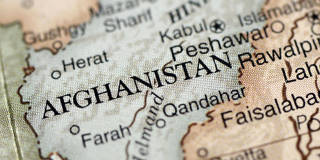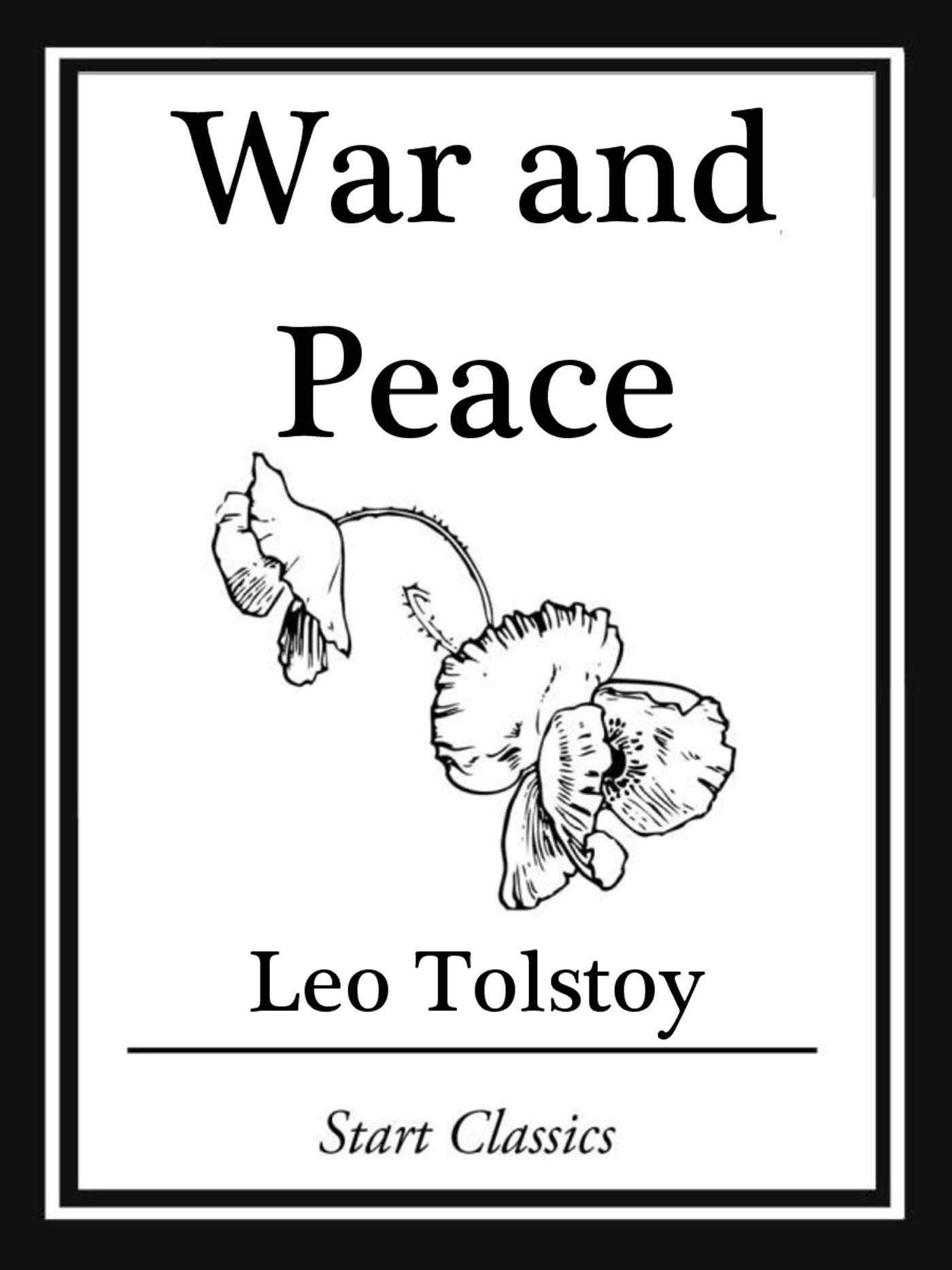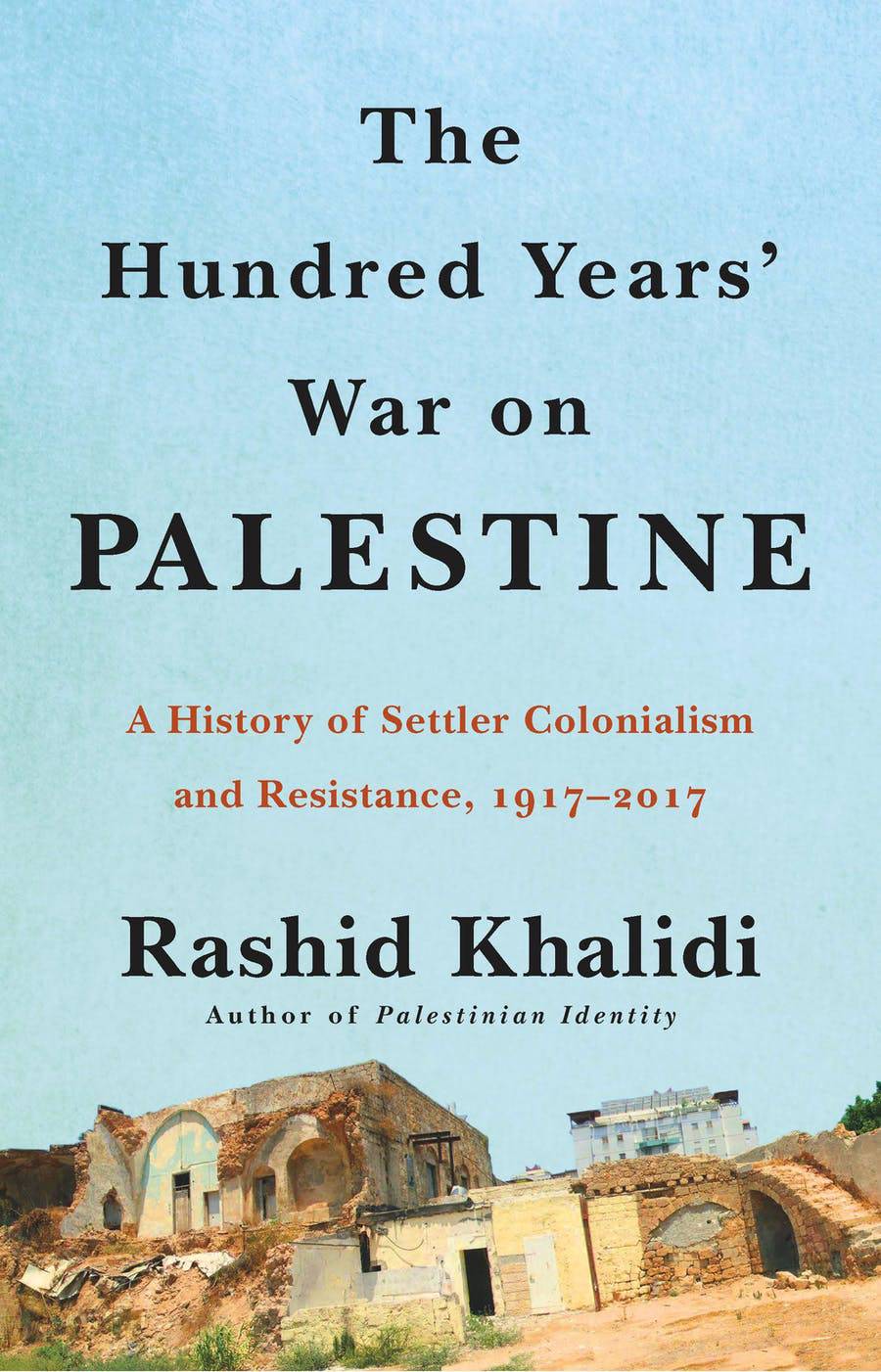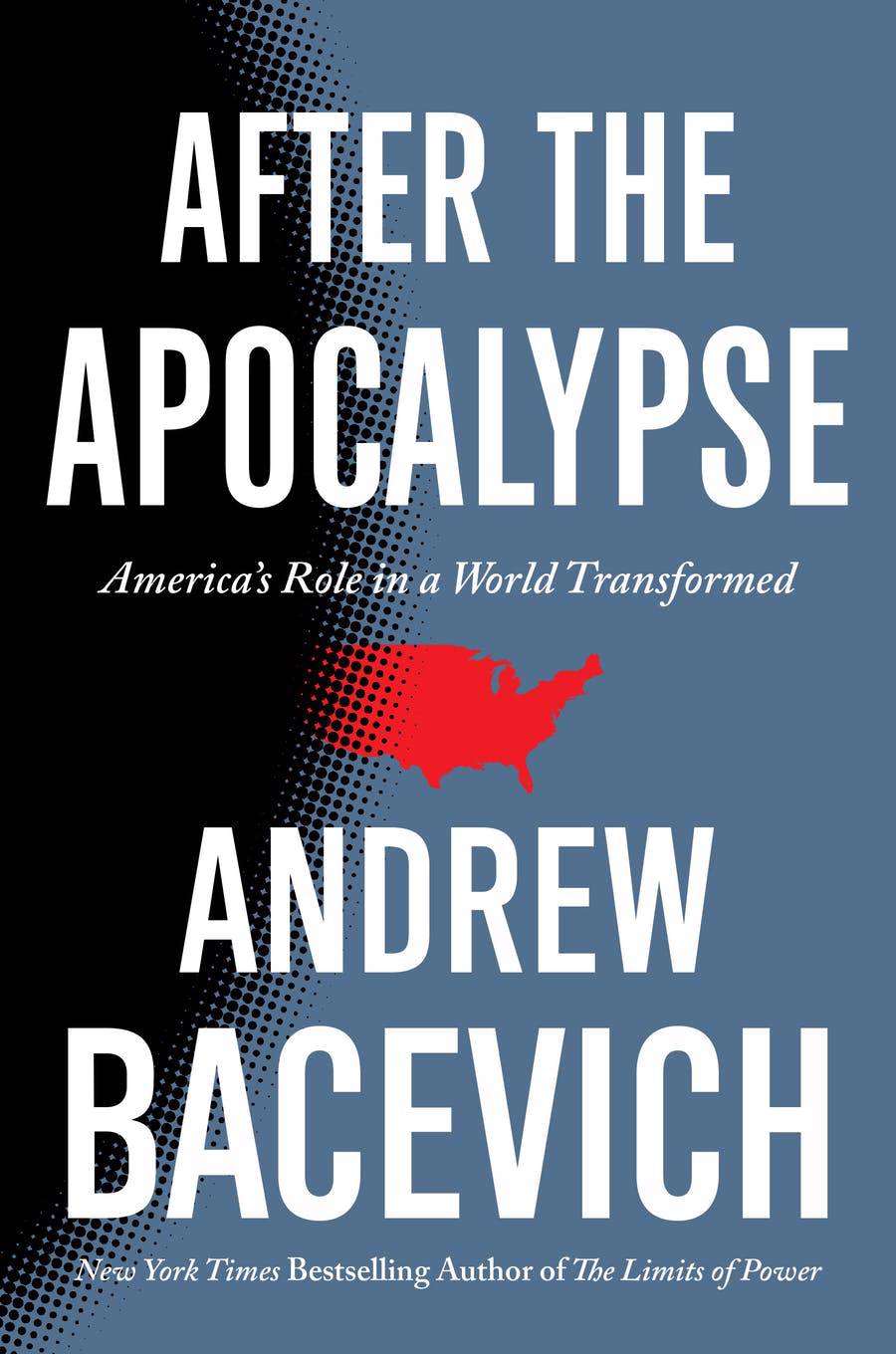OnPoint Subscriber Exclusive

Fawaz A. Gerges
Says More…
This week in Say More, PS talks with Fawaz A. Gerges, Professor of International Relations at the London School of Economics and Political Science, and the author of several books, including the forthcoming The Hundred Years’ War for Control of the Middle East: From Sykes-Picot to the Deal of the Century, and the newly revised ISIS: A History.
Project Syndicate: You recently wrote that while “al-Qaeda does have some chance of benefiting from the Taliban’s return to power” (though not nearly as much as many seem to believe ), “the same cannot be said” for the Islamic State, which the Taliban “fiercely opposes.” Since then, the local arm of ISIS – known as Islamic State-Khorasan, or ISIS-K – carried out a devastating attack on Kabul airport. Do you think the Taliban will be able to neutralize groups like ISIS-K and consolidate control of Afghanistan, or will the instability wrought by its takeover open the way for its enemies to gain ground? What should the international community do to mitigate the risks of further turmoil?
Fawaz A. Gerges: Since 2015, the Taliban and ISIS-K have been engaged in a fierce battle for hegemony in Afghanistan, particularly in the eastern Nangarhar province. The clash is not just about territorial control; it is a struggle over who will lead the militant Islamist movement and ensure its “theological purity.”
Interestingly, the Taliban and the US military at times informally joined ranks against ISIS, crippling its local affiliate by 2019 after killing many of its hardened lieutenants. Despite these operational setbacks, however, ISIS-K poses a lethal threat in Afghanistan, with about 1,500 to 2,200 combatants. And while the group does not have the capacity to conduct major attacks against the United States and its Western allies, it could target neighboring Pakistan, Central Asian countries, China, or Iran.
Gerges recommends
We ask all our Say More contributors to tell our readers about a few books that have impressed them recently. Here are Gerges's picks:
-

War and Peace
by Leo Tolstoy
I just re-read this masterful chronicle of Russian life during the Napoleonic wars. “Kings are the slaves of history,” Tolstoy famously reminded us. In fact, history’s great protagonists – those who drive and shape it – are the ordinary people who are all too often overlooked. Nowhere is this truer than in the Middle East. Understanding ordinary people’s influence on events will open the door to more positive engagement, stability, and prosperity in the region and beyond.
-

The Hundred Years' War on Palestine: A History of Settler Colonial Conquest and Resistance, 1917-2017
by Rashid Khalidi
This is a lucid and provocative recent book on the Palestinian history that has long been denied. Khalidi narrates Palestinians’ history on their own terms, enabling everyday people to tell their stories of occupation, dispossession, colonization, and hope.
-

After the Apocalypse: America’s Role in a World Transformed
by Andrew Bacevich
This is a trenchant critique of US foreign policy and the ideology of American exceptionalism. Bacevich calls for the country to rethink its foreign-policy fundamentals, advocating a far more prudent approach that recognizes the limits of the use of military force in international affairs.